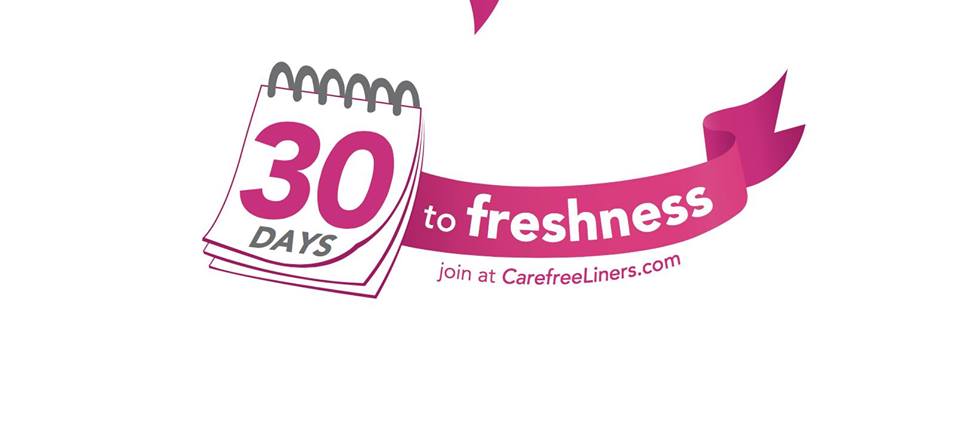How to Find Someone to Talk to When You Can’t Afford Therapy
Therapy is an important, if not vital component of the road to recovery when you’re suffering from a mental health condition. Sometimes seeing a mental health professional is simply too expensive, and this lack of help may leave you feeling like you have no other options. This simply isn’t the case, as you’ll see as you continue to read through this article. If you can’t afford therapy, there are several ways to find someone to talk to so you can start your recovery process.
Community Health Centers
Check your local community to see if there are any community health centers available that offer mental health counseling. Often, these services will either be greatly discounted or in some cases, free of charge. Community Health Centers are often paid for by the community via donations, allowing the centers to offer resources to those with lower income.
You can also opt for group therapy sessions instead of one-on-one counseling. While group therapy is similar to a support group, support groups don’t usually employ the services of a therapist to lead the group in its healing. Connecting with others who are afflicted with the same mental health condition can lead to closure with what you’re feeling and help eliminate some of the isolation that comes with mental illness.
Check your local resources today to see if there is a community health center anywhere close to you. Even if you still can’t afford one-on-one therapy, group therapy options should be available to help at least get your foot in the door.
Support Groups
Support groups are held in many different places, from community centers to churches and more. A support group is helpful in that it allows you to connect with others who are suffering from either the same mental health conditions or a variety of different diagnoses. Support groups are usually led by everyday people rather than counselors (though that certainly isn’t always the case) making for a more casual environment.
It can be challenging at first to open up to support group, considering the people in attendance will likely be people you’ve never met; however, it’s important to stick with it and keep attending meetings. Support groups can be incredibly important in times of crisis and can help you get connected with other resources to further your recovery efforts.
Friends and Family?
If you can’t see a therapist, you should just turn to your friends and family, right? The answer is yes and no. When you think “I need someone to talk to” the first thing that comes to mind is likely your parents or even your best friend/significant other. While it’s true that family and friends will have a unique understanding of who you are, it’s not always wise to share every detail of your mental health with them.
Talking to friends and family simply isn’t the same as talking to a therapist. Where therapists are trained to be non-judgmental and identify (good and bad) patterns in your behavior, family and friends may turn out to not be as understanding as you’d thought. Mental health comes with a lot of stigma and misunderstanding, unfortunately.
Does this mean you should hide your condition from everyone you know? Of course not! Just remember that if you choose to speak with family and friends, you’re asking for more than just support. It’s also important to educate them on the specific symptoms and behaviors that come with your condition, so they’ll know what to look for if things start to get worse.
Religious Leaders
If you’re a member of a church or any other religious organization, you can seek solace from your religious leaders. While religious leaders aren’t trained in dealing with mental illness, sometimes the spiritual path is one that people choose over therapy (or when they can’t afford therapy). If you think speaking to your clergymen or other religious leaders will help you come to terms with your condition, don’t hesitate to bring it up!
Just remember that religious leaders aren’t professional counselors, and won’t have the experience or the training with mental illness that could help you in certain situations. If therapy truly isn’t an option, and you’ve chosen to speak with religious leaders, it’s best to combine with a support group as well. “Never put all your eggs in one basket” as they say.
Ask for Discounts/Payment Assistance
If you can’t afford therapy, you can always ask the clinic you’re hoping to attend if they offer any sort of discounts or payment assistance, such as a sliding scale. These options can help mitigate the cost of your therapy and give you access to what you really need. There’s simply no substitute for good professional help, and if you have a mental health condition, it’s important to do everything you can to seek therapy/counseling as soon as possible.
Conditions like depression have the potential to become worse, and in some cases, can lead to self-harm. Don’t be afraid to ask about payment help, or for financial help from other sources like friends and family. Your mental health should be your top concern!
Conclusion
Therapy can be expensive, and not everyone is equipped to afford it. That’s why it’s so important to follow the tips we’ve presented and work toward being able to afford one-on-one therapy; especially if you feel your condition is getting worse as time goes on.




